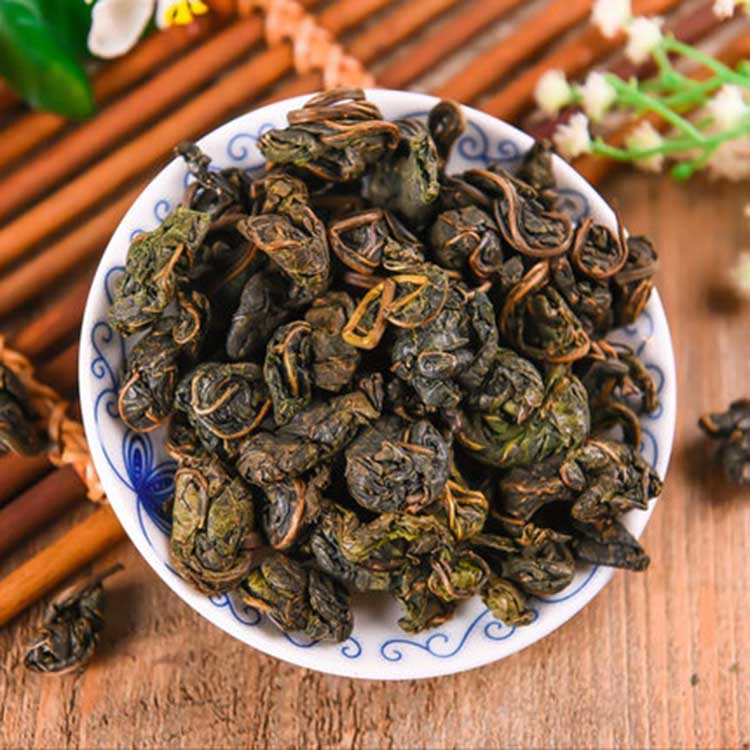Many elderly people face the problem of constipation, which poses a threat to their health. How should we deal with this situation? In fact, by adjusting diet and lifestyle habits, constipation can be effectively relieved.
Firstly, increasing the intake of fruits and vegetables is crucial. Daily diet should include a large amount of vegetables and fruits such as cucumbers, tomatoes, radishes, spinach, and Chinese cabbage, with a recommended daily intake of over 500 grams, ideally with a ratio of 2:1 vegetables and fruits to grains. These foods are rich in fiber, which can stimulate intestinal peristalsis and help with bowel movements.
Secondly, ensuring an adequate intake of water is essential. Lack of water is a common cause of constipation, therefore, ensuring sufficient water intake daily, especially drinking a cup of warm water or saline water on an empty stomach in the morning, can significantly improve the condition of constipation. Establishing a regular water drinking habit is also beneficial for maintaining intestinal health.
In addition, cultivating a habit of regular bowel movements is also very important. For example, about 20 minutes after breakfast, try to have a bowel movement, drink 500 milliliters of water and take a short walk during this time. Even if there is no immediate urge to defecate, it is important to adhere to the habit of using the toilet regularly to help train the intestines to form a habitual response.
For constipation, acupressure can also be tried, such as using the index finger of the left hand to press the Tian Shu point on the left side (located about 3 centimeters to the left of the navel, 1 centimeter downward) during defecation, continue pressing until a tingling sensation is felt, which can help stimulate the defecation reflex.
Furthermore, regular physical activities, such as morning and evening walks or jogging, can strengthen intestinal muscles, promote intestinal peristalsis, and be equally effective in relieving constipation.
As for the causes of constipation in elderly people, multiple factors are intertwined. With age, the decline in bodily functions and reduced intestinal vitality are fundamental reasons. In addition, long-term use of certain medications, imbalance of gut flora, monotonous diet structure, mental stress, and physical factors are also significant factors that cannot be ignored. Therefore, considering individual differences, adopting comprehensive adjustment measures is particularly important.
In terms of diet, besides consuming more fruits and vegetables and whole grains, supplementing with seafood appropriately can also help alleviate constipation. Moreover, maintaining a positive mindset, engaging in moderate physical exercise, are beneficial for promoting intestinal health.
When it comes to food choices, fruits such as pears, kiwis, and grapefruits, due to their high fiber and water content, can effectively promote intestinal peristalsis and are ideal foods for relieving constipation. In addition, increasing dietary fiber intake, ensuring sufficient water intake, and consuming adequate amounts of fatty acids, also contribute to maintaining intestinal health.
In conclusion, by comprehensively adjusting lifestyle and dietary structure, constipation issues in most elderly people can be effectively alleviated.


